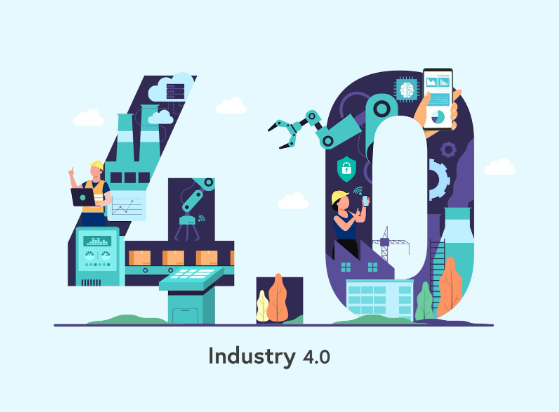Data-driven technological solutions are being highlighted to address growing water scarcity. The use of IoT devices enables intelligent management of water resources at the household, government and agricultural levels. This approach has led to increasing investment in the smart water management market, estimated at $53.6 billion by 2031, with applications ranging from leak detection and prevention to irrigation system automation and problem forecasting. The combination of sensors, data analysis and IoT technologies offers an innovative and essential solution to meet the challenge of water scarcity in the future.
Tag: IOT
The evolution of voice recognition takes the smart home to the next level
Voice recognition technologies are advancing in IoT devices, promising to transform the connected home. Since its inception in the 1950s, speech recognition has evolved, reaching remarkable accuracy in 2018 and accelerating due to the pandemic. There are expected to be 8 billion digital voice assistants in use by 2023, driving a market of $31.82 billion by 2025. These systems enable smart home automation beyond device management, incorporating emotion-based interaction and context, and opening possibilities for new uses.
Industry 4.0: a close challenge for SMEs
Spanish SMEs, especially in the industrial sector, have low penetration of digitization and need to invest in technology and change their culture to maintain their competitiveness. The Plan to Promote the Digitization of SMEs 2021-2025 and the European Union funds for digital transformation seek to encourage the adoption of new technologies. SMEs often have a distant perception of Industry 4.0 and make mistakes by thinking that it only involves having a website and storing data in the cloud. To unlock the true potential of Industry 4.0, SMEs need a comprehensive mix of technologies and a holistic view, supported by technology partners and data experts.
SMEs and Big Data: 4 axes to start 2023 with a solid data strategy
The majority of Spanish SMEs trust in digitalization and plan to invest in it in the next three years, however, they still need to carry out a digital transformation focused on the efficient management of large volumes of data. Using Big Data strategies can help these companies proactively address problems, generate new opportunities, improve operational efficiency, and build customer loyalty. However, SMEs face challenges such as the integration of different data sources and types, the need to process large volumes of data quickly, and the proper selection and preparation of data. To succeed in a Big Data strategy, SMEs must clearly define business problems, select and prepare the right data, store it securely, and perform extensive analysis to make data-driven decisions. The beginning of a new year is an opportune time to implement digital transformation and Big Data strategies, which requires a change in mentality and strategic focus in these companies.
The wine industry toasts the advances of digital transformation
The wine industry has growth potential in the adoption of digital technologies. IoT sensors, artificial intelligence and blockchain are used to improve production, traceability and efficiency. Digitalization helps predict the weather, optimize harvesting, monitor soil quality, and streamline processes. The challenge is to include SMEs in this process to maintain the competitiveness and quality of the wine.
Sensors and IOT connectivity hyper personalize the cosmetics industry
In the beauty industry, IoT devices are major drivers of change. They have the ability to capture hundreds of skin data and transform them into tailored responses and treatments in real time. Beyond simple active ingredients and product offerings to improve your appearance and feel better,… Continue reading Sensores y conectividad IOT hiper personalizan la industria cosmética







